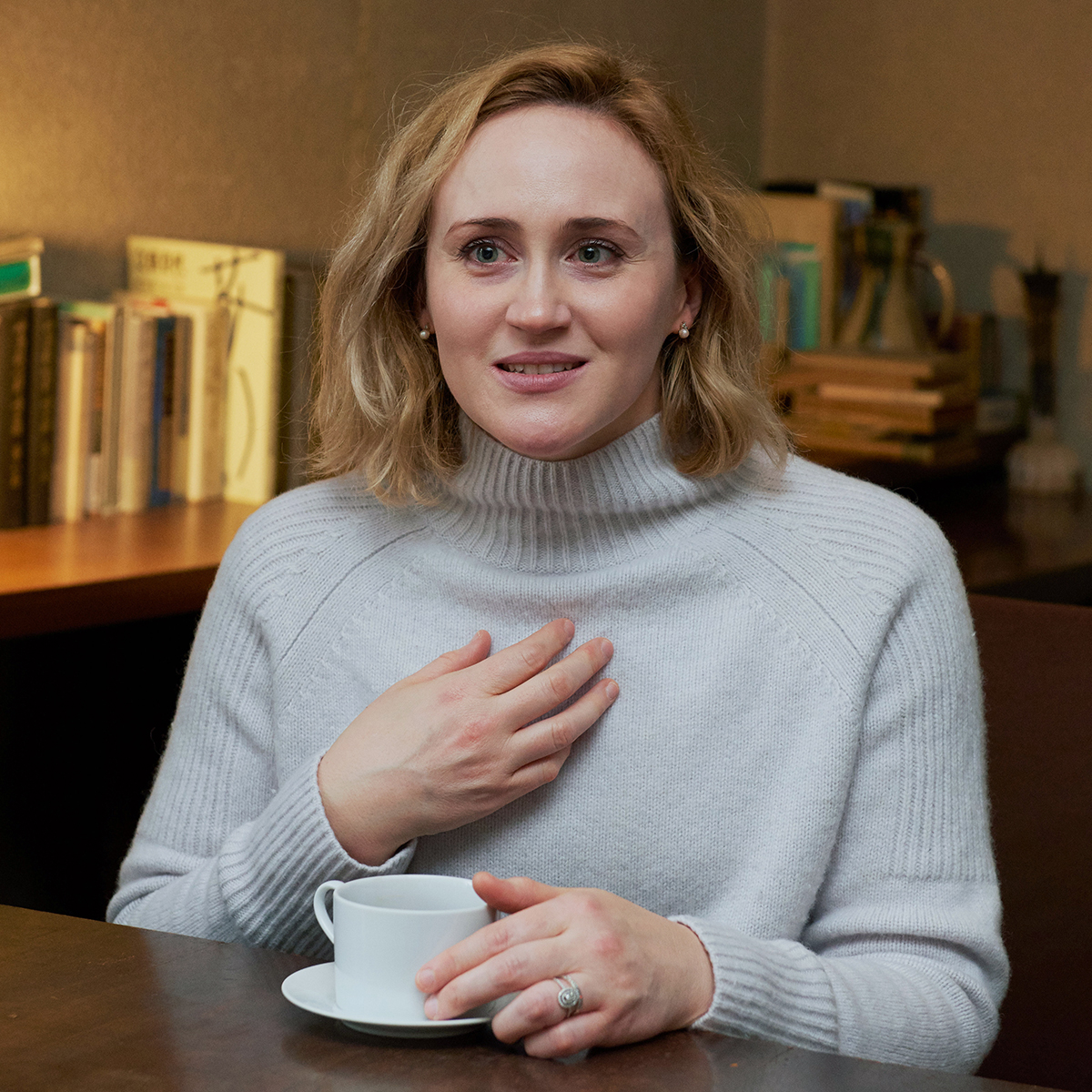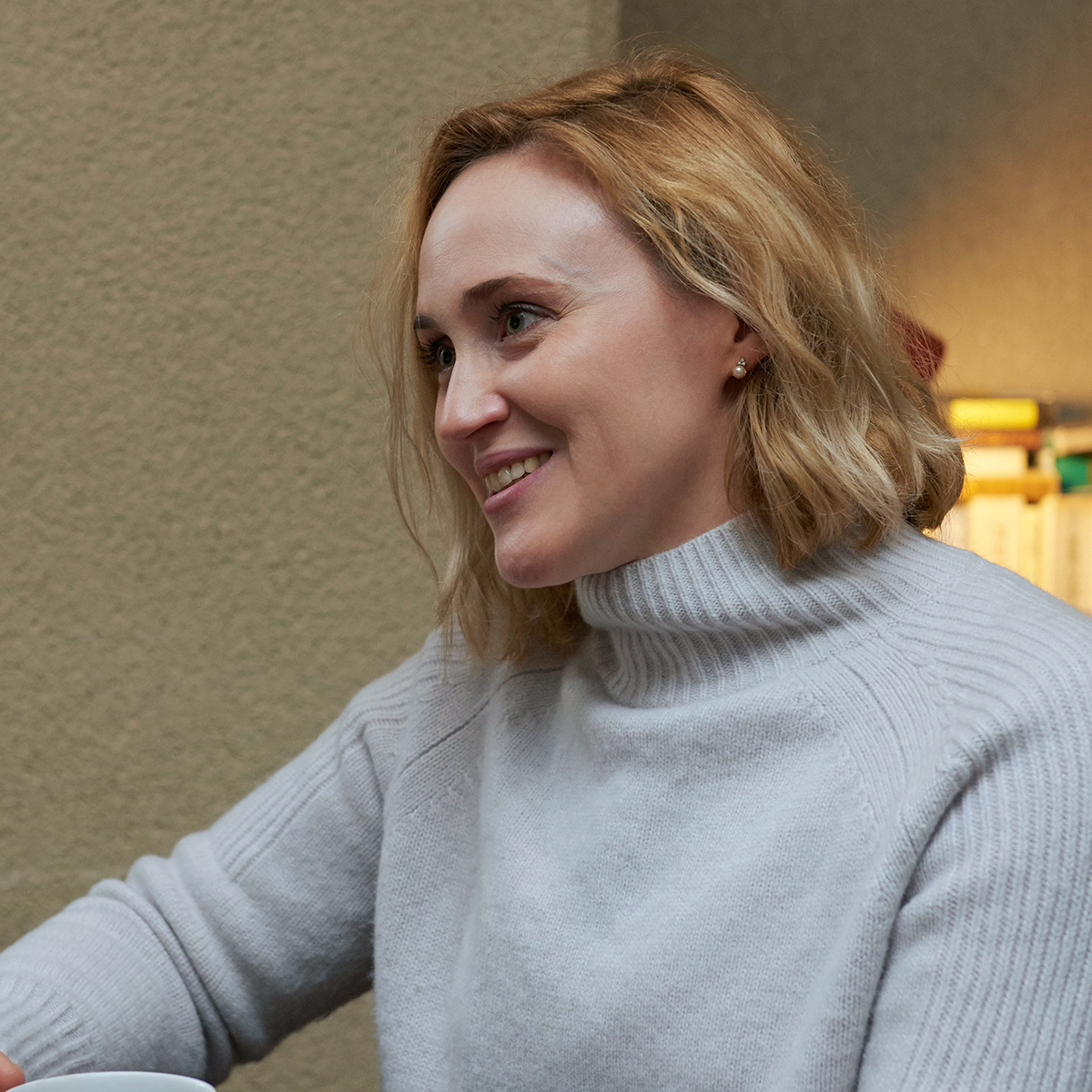
Creativity needs the human touch
What is your policy for translation work?
I think that the most important thing is to stay as close as possible to the nuances of the original text when translating. It’s a very difficult thing to do, though. If the original text is very well written, then the translation should be written equally well. So simply taking the content and information from the original text and writing it in another language is not enough—you need to find expressions that have the same meaning as the ones in the original language and you must not forget things like the text’s cultural background. This is what makes translation from Japanese to English very difficult sometimes. There is a huge amount of meaning, cultural context and nuance behind every word and phrase, so I often find it is difficult to come up with the phrases that perfectly match the original language within the limited word count.
How would you define a good or a bad translation?
For example, just as many machine-translated texts feel unnatural to the reader, a Japanese text that is merely translated literally will probably make the reader feel uncomfortable, like something is odd, and we want to avoid that. On the other hand, I feel like a good translation would be one that readers think is actually an original text written in the target language itself, while still containing all the nuances and meaning from the actual original text.
And machine translation is still not up to the task, right?
Computers are excellent tools, but we still expect linguistic style to come from the people who use them. It is the same for translators when they translate. Take an advertising slogan, for example. There are a lot of great ones in Japanese advertisements! But if you simply put it through machine translation, and a literal translation comes out, it will probably seem strange in English and will often have a completely different meaning. And anyway, it’s really fun as a human translator to wonder, “Hmm, what would be the right English expression to use there?” I always really enjoy translating advertisements and other sales-related work. It’s an exciting kind of work for me.
Artificial intelligence (AI) is becoming very good at translation, but I have never been worried about it stealing the jobs of translators and translation companies. Because ultimately, AI translation at the moment can really only be used as a way to help us understand content in a fairly superficial, simplified way. Anything that requires creativity will always need the help of human editors and checkers.
What do you pay close attention to when translating?
Creativity is a necessary aspect to any translation. Even for translating road signs, a translator needs creativity to properly convey the message from the original language. While I’m working on a translation project, I even subconsciously think about phrases when I’m washing the dishes. It might just be a search for answers, but at least it’s a creative one! (laughs)
I live in Japan, so I am not in an English-speaking environment much of the time, so I need to keep up with English-language culture as much as possible, reading books, magazines, newspapers, watching movies, etc., and part of the job of a translator is to research websites in English to find how things are expressed in the right context in the English-speaking world to match that of the original language. No matter how simple the translation is, I’m always learning things and making full use of my creativity when translating.
